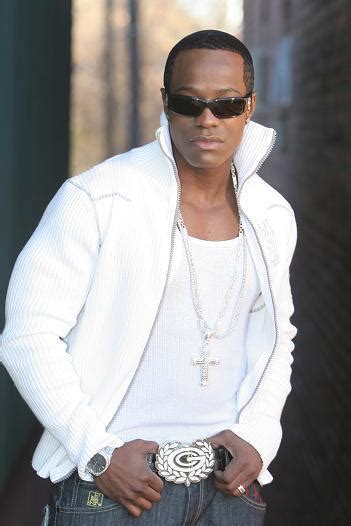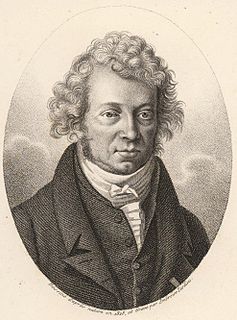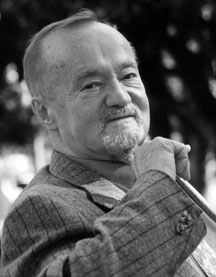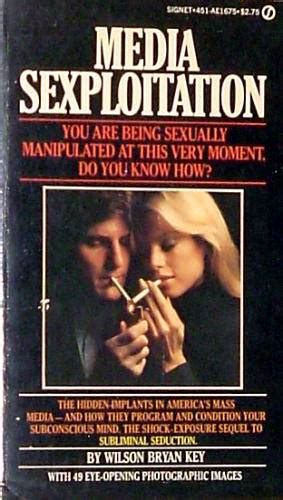A Quote by Laozi
The sense organs, which are limited in scope and ability, randomly gather information. This partial information is arranged into judgments, which are based on previous judgments, which are usually based on someone else's foolish ideas. These false concepts and ideas are then stored in a highly selective memory system.
Related Quotes
Cross-cultural reality testing forces people to examine both their own and others' understandings of reality. Most people simply assume that the
way they look at things is the way things really are, and judge other cultures' views of reality before understanding them. These judgments are
based on ethnocentrism, which closes the door to further understanding and communication. Furthermore, ethnocentric judgments keep missionaries from examining their own beliefs and values to determine which of them are based on biblical foundations and which on their cultural beliefs.
For many activities, people cannot rely solely on themselves in evaluating their ability level because such judgments require inferences from probabilistic indicants of talent about which they may have limited knowledge. Self-appraisals are, therefore, partly based on the opinions of others who presumably possess evaluative competence
Ordinarily logic is divided into the examination of ideas, judgments, arguments, and methods. The two latter are generally reduced to judgments, that is, arguments are reduced to apodictic judgments that such and such conclusions follow from such and such premises, and method is reduced to judgments that prescribe the procedure that should be followed in the search for truth.
If there is no absolute moral standard, then one cannot say in a final sense that anything is right or wrong. By absolute we mean that which always applies, that which provides a final or ultimate standard. There must be an absolute if there are to be morals, and there must be an absolute if there are to be real values. If there is no absolute beyond man's ideas, then there is no final appeal to judge between individuals and groups whose moral judgments conflict. We are merely left with conflicting opinions.
Television is altering the meaning of 'being informed' by creating a species of information that might properly be called disinformation. Disinformation does not mean false information. It means misleading information - misplaced, irrelevant, fragmented or superficial information - information that creates the illusion of knowing something, but which in fact leads one away from knowing.
I don't want to fetishize the past. I want there to be a natural sequence coming out of a synthesis of the ideas and information that I gather together as a result of looking at things that are in the world. I'm trying to bring forward signs or signals based on what I see and my responses to these things. I'm trying to leave a trail that will be useful to other people in the future. It has to do with making something that contains a synthesis of the information, and then consequently to make one's deliberations visible, to allow other people to follow them. That's how I see my role.










































